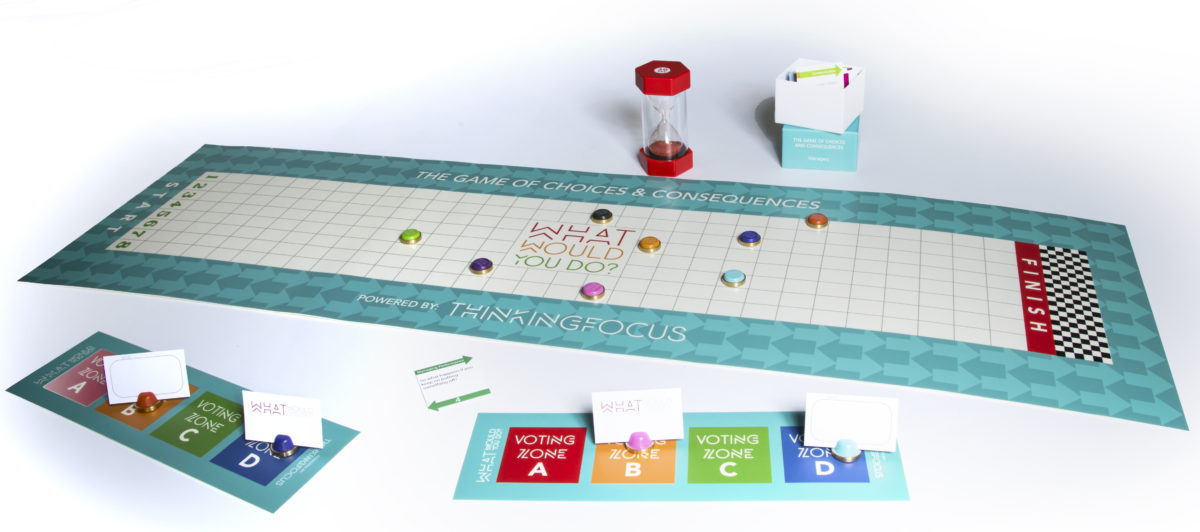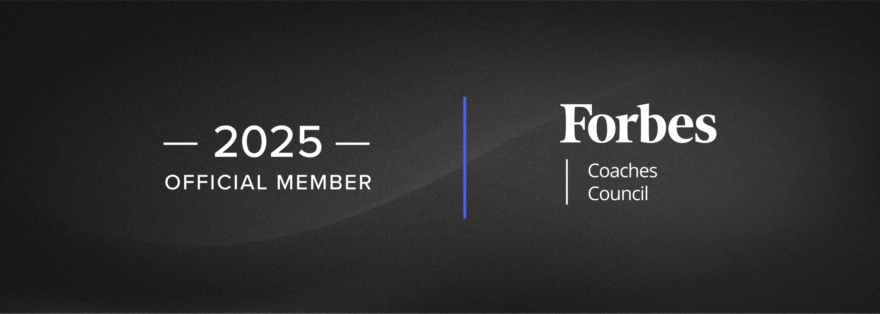Navigating the Shades of Grey
In today’s intricate world, decision-making and learning often occur in ambiguous contexts where clear-cut answers are rare. This article delves into the complexities of navigating these “grey areas,” emphasising the importance of critical thinking, ethical reasoning, and adaptability. It highlights how social contexts and cultural influences shape our perceptions and decisions, underscoring the need for continuous learning and cultivating environments that encourage open dialogue and diverse perspectives.

Not all lessons are black and white in the vast expanse of learning and development. Much of what we learn, especially in leadership, management and personal growth, lies in grey areas—complex, nuanced and often without clear-cut answers.
How, then, do you train and develop your people to work in the grey zones when a flowchart, manual, process, or, dare I say it, artificial intelligence (AI) can’t cut it? Not yet, at least.
Serendipity piqued my curiosity, leading me into the world of social learning theory.

A Chance Encounter Inspires A Challenge
When a global automotive manufacturer challenged my company to think differently and to look at a learning problem from another perspective, we had to embrace the opportunity.
The challenge was to address a development gap in their frontline people managers; while skilled and competent in the technical and process aspects of the role, they needed to be more effective in their soft skills. The need was to be able to have impactful people conversations that changed behavior. Challenges where the stock answer is “It depends” are not the happy place for managers who would sooner fix a technical issue than talk to their people. Of course, there were operational constraints and budgetary limits, too.
We train, develop and coach people worldwide for some of the biggest brands, but this needed a new solution, something like gamification. At that time, it was not at all in our sweet spot. So we set about doing our research.
We created a dilemma game for them, one that blended four distinct components:
- Gamification to motivate and maintain interest;
- Psychological safety to enable participants to feel comfortable surfacing issues or exposing perceived weaknesses (the game element also helps this);
- Group coaching, where a facilitator runs the game and asks great questions to cause conversation, exploration and curiosity; and finally,
- Social learning, encouraging people to share their experiences, good and bad, for the benefit of the group, all under the pretext of “It’s only a game.”
Players shared more than we ever imagined, and managers grew, not just in learning but in recognising that they are not the only ones who struggle. Additionally, they built an internal support network they can talk to when needed.
The Essence Of Social Learning
Social learning is at the heart of understanding how we navigate the grey areas.
Psychologist Albert Bandura, professor emeritus of social science in psychology at Stanford University, popularised the theory. Bandura suggests that people learn from one another via observation, imitation and modelling.
One of Bandura’s most famous experiments, the Bobo doll study, demonstrated how individuals, particularly children, learn and replicate behaviours they observe in others.
This fundamental concept illuminates the significant impact of environmental and social influences on our learning processes and decision-making abilities. Where you work and who you work with significantly impact what you learn.

Learning From The Environment: The Role Of Observational Learning
From early childhood, our learning is deep-rooted in observation. We watch the actions of those around us—our parents, teachers, and peers—and see the consequences of those actions.
This observational learning extends beyond mere replication of behaviours. It involves understanding the outcomes of actions and adjusting our behaviour in response.
When we witness positive results, we are encouraged to mimic those actions. Conversely, adverse outcomes might deter us but can also pique curiosity and imitation under certain circumstances.
This dynamic interaction with our environment shapes our understanding of the world, especially in areas where the answers could be more straightforward.
The Grey Areas: Navigating Complexity Through Social Contexts
The grey areas of decision-making and ethics represent a significant challenge for personal development and professional training. These are the domains where right and wrong are not easily discernible, where the ethical, practical and effective course of action might vary depending on context and perspective.
Training individuals to navigate these complexities requires a sophisticated approach beyond traditional didactic methods. How you get an answer becomes a more important skill than knowing the answer.
Creating realistic and contextual situations for discussion and exploration is critical. By simulating real-life scenarios that present ethical dilemmas or complex decision-making situations, learners can engage in critical thinking, explore different outcomes and consider the implications of various actions.
This experiential learning approach encourages individuals to reflect on their values, the influence of their actions on others and the broader societal implications.
The Impact Of Peers And Culture
Our peers and the culture we are a part of play crucial roles in shaping our responses to grey areas. The social norms, values and behaviours are prevalent in our immediate environment influence our perceptions of what is acceptable or desirable.
This social context can either reinforce positive behaviors or perpetuate negative ones. Recognizing the power of social influence is crucial for both learners and educators, as it highlights the importance of fostering positive, supportive and ethical communities.
Moving Toward A Future Of Informed
Decision-Making
Training for the shades of gray requires an emphasis on critical thinking, empathy and ethical reasoning. It involves cultivating an environment where questioning is encouraged and diverse perspectives are valued.
By leveraging social learning principles, educators and leaders can create more nuanced training programs that prepare individuals not just to choose between black and white but to navigate the vast spectrum of grey created by current levels of uncertainty with confidence and integrity.
Our Solution
What Would You Do? helps cross-functional groups surface common issues and performance gaps through social learning, gamification, group coaching and psychological safety. You can learn more here.


Conclusion
In a complex and nuanced world, navigating the grey areas is more crucial than ever. Understanding and applying social learning principles can better prepare us and others to make informed, ethical and impactful decisions.
By observing, discussing and reflecting on the multifaceted outcomes of our actions, we grow as managers and leaders, ready to face the challenges of tomorrow with wisdom and compassion.
This article first appeared on Forbes.com on 15th April 2024
Ricky has been a regular contributor to the Forbes Councils since 2023, where he shares his perspectives on all things leadership, change, culture and productivity, all with Thinking Focus’ unique perspective on metacognition, or as we prefer to say, thinking about thinking.



